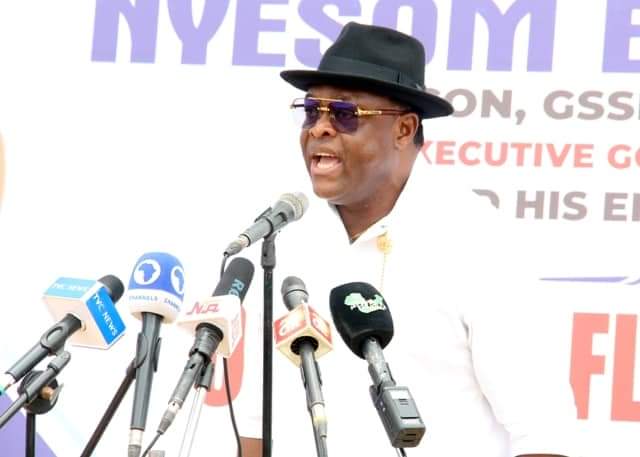Niger Delta
UBEC Begins 2022 Assessment Of C’River Schools

The Universal Basic Education Commission (UBEC) has commenced the 2022 National Assessment of Learning Achievements in Basic Education (NALABE) for Cross River State schools.
Team Lead for 2022 NALABE in Cross River State, Mrs Zipporah Panguru, said the 3-day exercise would hold in some selected public and private primary and junior secondary schools.
Panguru said the essence of the exercise was to assess learners’ performance.
She said the aim was to know if the money the federal and state governments were investing in education sector was yielding the desired results.
According to her, if yes, they would improve on it and if no, it will enable government at all levels adopt strategies that will address the challenges.
“The students will be tested in four core subjects of English, Mathematics, Social studies and Basic science, however, this exercise is not for fault finding but to test the learner’s ability.
“80 schools have been selected in the state and the test will be administered to 30 learners from Primary 3 to 5 and those in JSS 2”, she said.
Senator Stephen Odey, Executive Chairman, Cross River Universal Basic Education Board (SUBEB), said NALABE was important for the development of the basic education sector.
Odey, who was represented by SUBEB’s Director of Administration, Mr Etta Inyang, enjoined field officers to conduct the exercise diligently to ensure a realistic and authentic outcome.
“Your reports have to reflect the true position of things in the field, those who compromise will be hindering the development of the basic education sector in the State.
“NALABE is a feedback mechanism tool that will enable government address challenges where any in teaching and learning,” Odey said.
Niger Delta
Tinubu, Jonathan, Diri Pay Last Respect To Ewhrudjakpo

Niger Delta
Stakeholders Task INC Aspirants On Dev … As ELECO Promises Transparent, Credible Polls

Niger Delta
Okpebholo Assures Corps Members Of Improved Welfare

-

 Politics5 days ago
Politics5 days agoPFN Rejects Call For INEC Chairman’s Removal Over Genocide Comments
-

 Rivers5 days ago
Rivers5 days agoFasthire, PHCCIMA, CIPM Host CareerFest 2026 In PH
-

 Sports5 days ago
Sports5 days agoEnekwechi wins Orlen Cup in season opener
-

 Politics5 days ago
Politics5 days agoHoodlums Disrupt LP-ADC Defection Event In Lagos
-

 Sports5 days ago
Sports5 days agoSimba open Nwabali talks
-

 Sports5 days ago
Sports5 days agoFalconets, Senegalese Lionesses arrive Ibadan for qualifier
-

 Politics5 days ago
Politics5 days agoRemoval From INEC’s Portal, Abure-Led LP Faction Mulls Legal Action
-

 Niger Delta5 days ago
Niger Delta5 days agoTinubu, Jonathan, Diri Pay Last Respect To Ewhrudjakpo

